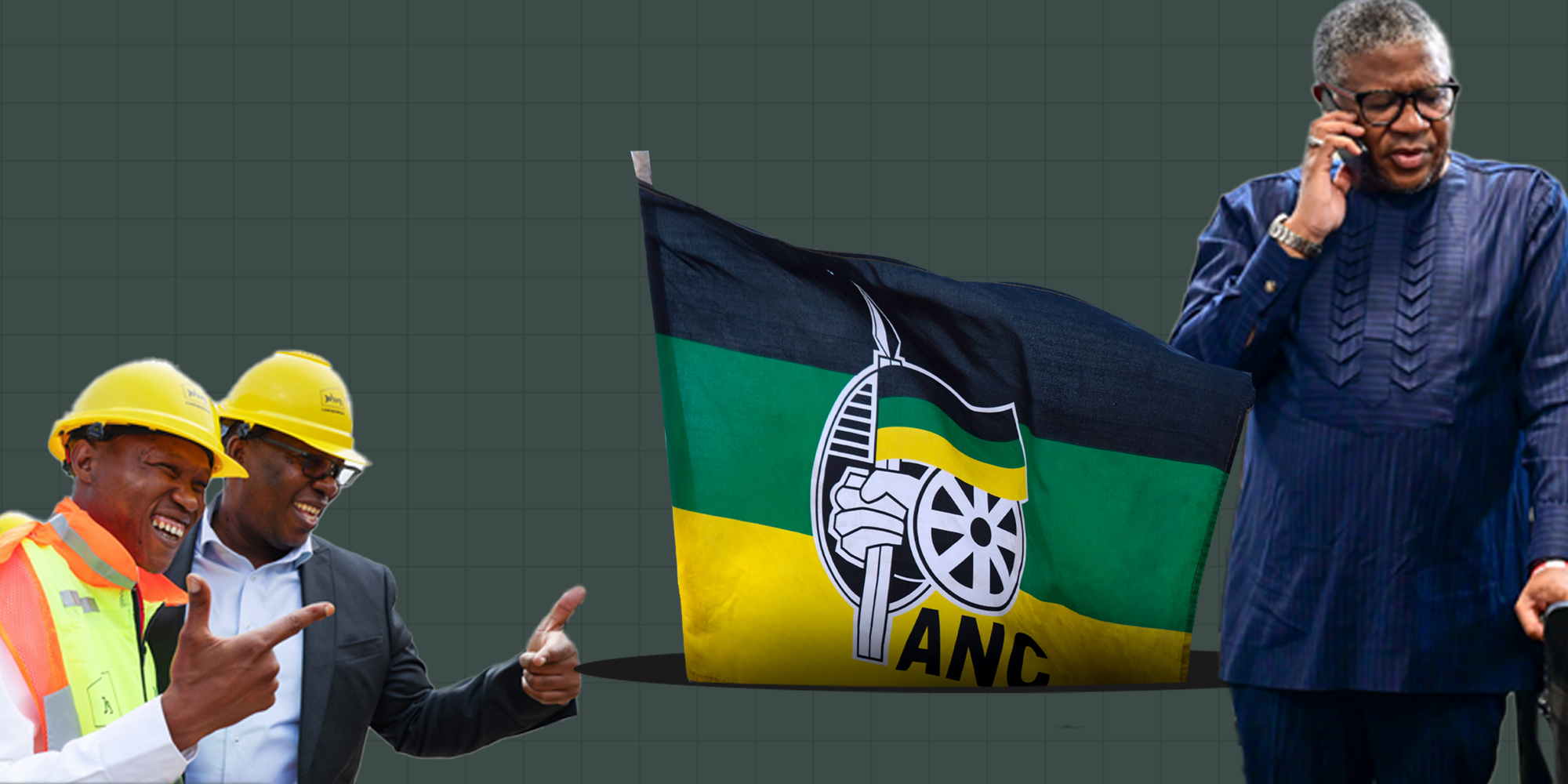On Tuesday, ANC Secretary-General Fikile Mbalula confirmed that the national executive committee (NEC) will finally take a formal decision about the leaderships of its KwaZulu-Natal and Gauteng provinces in December.
This means that a final decision on this question will only be taken a full seven months after it became clear that the leaders of the ANC in these provinces had lost huge swathes of support, with the party dropping to 17% in KZN and 34.8% in Gauteng.
In the meantime, much has changed on the ground.
Ministers from other parties are vying with ministers from the ANC to show that they are delivering. In some cases, this leads to disputes about who is really responsible for successes in government.
At the same time, services for many people in both Gauteng and KZN are failing.
Some parts of Joburg have had more water problems, while in eThekwini residents still complain that they are not getting proper services.
Also, more questions may now be asked about the ANC’s role in first installing, and then keeping Kabelo Gwamanda from Al Jama-ah in power as mayor of Joburg.
The former mayor has now been arrested in connection with an alleged funeral insurance scam that he was involved with before entering politics. Last week Gauteng Premier Panyaza Lesufi said he did not believe Gwamanda had been properly vetted.
As The Citizen reported, this is despite previous assurances by the ANC that he had been vetted.
Lesufi, and the Gauteng ANC, clearly played a role in keeping a suspected criminal in power as mayor. And frankly, the ANC must have known at the time that Gwamanda had questions to answer.
This is a further demonstration of how far Lesufi has been prepared to go for power in local government in Gauteng.
His support for Gwananda flew in the face of the ANC’s official policy that it should provide the mayor in councils where it was the biggest party (of course, this is a policy that has again been ignored in Tshwane, where the mayor is now from Action SA – and it appeared this decision was endorsed by the ANC’s national working committee).
Read more: Politics of failure — Panyaza Lesufi’s populism may be running out of runway
All this is unlikely to impress voters. Instead, it is likely to further damage the ANC in local elections.
But it also shows how the ANC NEC’s decision of whether to disband the provinces’ leadership is also another front in a much bigger dispute.
Lesufi has been one of the few ANC office bearers to publicly suggest he opposes the current national coalition.
And this must surely complicate any decision about disbanding the province that he leads. It could open another faultline in this dispute within the ANC.
The MK factor
The situation in KZN is very different, but also incredibly complicated and perhaps more difficult. And with higher stakes.
There the dispute is not about the national coalition. While Lesufi has appeared to refuse to work with the DA in Gauteng, the ANC’s leadership in KZN had no choice but to work with the IFP, the DA and the NFP, and to allow the IFP to take a leading role.
This situation was created by the fact that the uMkhonto Wesizwe (MK) party won so much support, taking 45% of the votes in the province. As a result, they could have governed in the province with the EFF (the NFP holds one seat, thus holding the balance of power. It was only its decision to work with the IFP that prevented MK from governing the province).
But the real claim some in the NEC could make about the KZN’s ANC leadership is the accusation that they were working with former president Jacob Zuma.
The recent defection by former premier Willies Mchunu from the ANC to MK will lead to more speculation that some ANC leaders were really campaigning for Zuma.
But this also makes the situation more serious. If the NEC were to disband the KZN leadership, that decision might carry the presumed accusation that its leaders are not loyal to the party.
That in turn could lead to more defections and more damage to the party in that province.
A careful balance
It may be worth reflecting on how difficult the 2026 local government elections will be for the ANC in KZN.
First, it will have to campaign against parties it governs with both in the province and in national government.
If that were not difficult enough, the figure of Zuma will surely hang over that province during the elections.
This means that the ANC will face the prospect of losing control of eThekwini to MK (and perhaps the EFF).
As a result, any decision about the KZN provincial leadership will have to be managed very carefully.
All of this may show why the NEC has to tread so carefully. Disbanding these provinces could have serious consequences. It may well take several more months before it can make a final decision about these two provinces. DM





